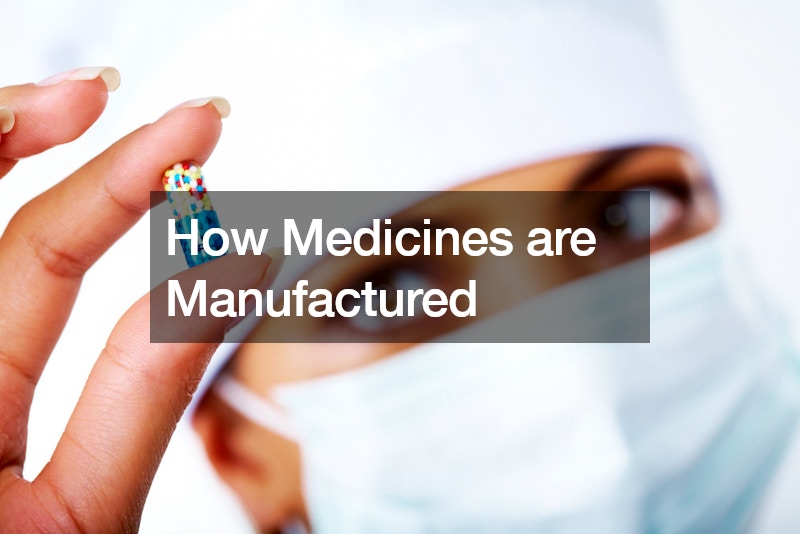
Medicines play a crucial role in healthcare, but have you ever wondered how they are made? The pharmaceutical manufacturing process is a complex journey that transforms raw materials into pills and capsules ready for consumption.
The Process
It all begins with the active ingredient, which undergoes grinding and mixing with a binding agent to form a granulated mixture. This granulation is then dried in specialized equipment, ensuring the powder is at the optimal moisture level for further processing. Here’s where metal random packing comes into play in certain manufacturing processes, aiding in the purification and separation of components.
Once dried, the granulated mixture is shaped into tablets using a press that exerts precise pressure to mold the powder into the desired form.
Quality Assurance
Quality testing is conducted regularly to ensure the hardness of the pills meets the required standards. Additionally, pills may undergo coating to prevent crumbling and improve appearance. Capsules, on the other hand, involve encapsulating the active ingredient within a gelatin casing, which is filled, sealed, and verified for weight accuracy.
Throughout the manufacturing process, automation plays a significant role, with advanced machinery handling tasks such as counting pills, filling capsules, and packaging the final products. The entire process is meticulously controlled to maintain quality and safety standards.
In the end, millions of pills and capsules are produced each year, underscoring the importance of pharmaceutical manufacturing in providing essential medications for patients worldwide.
.

